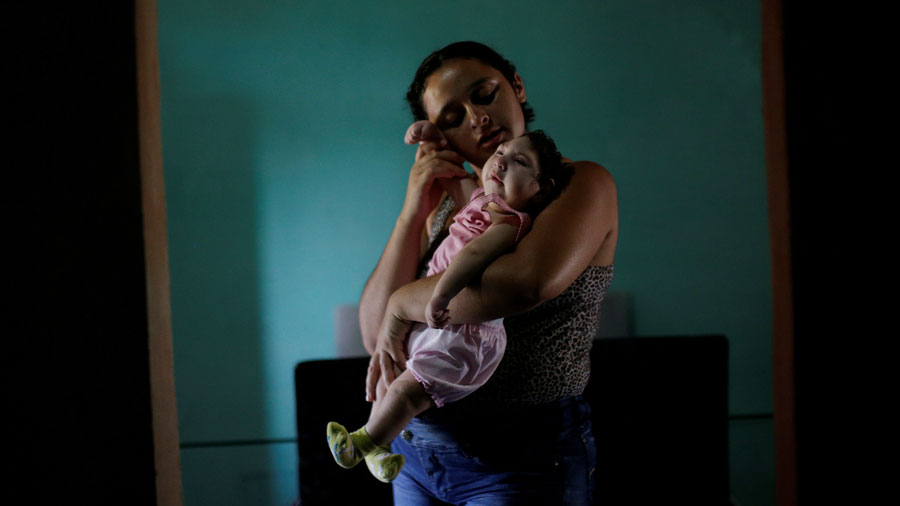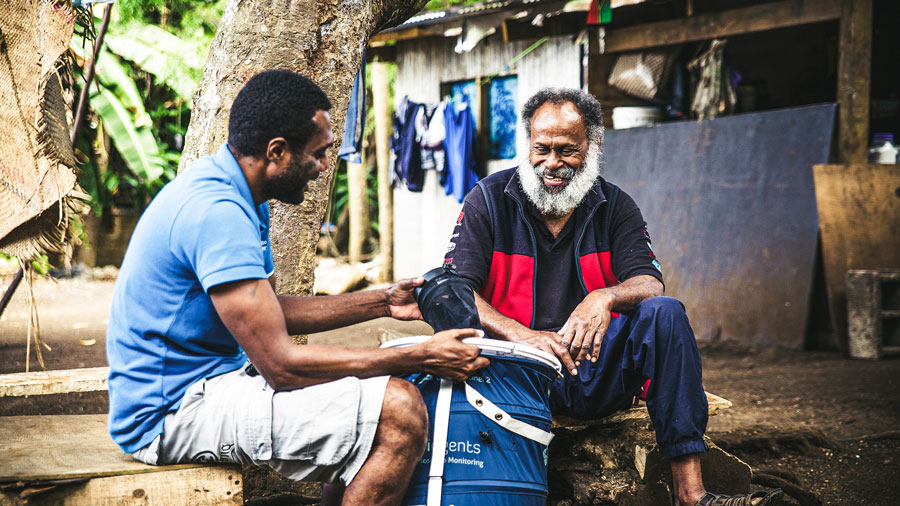Scott O’Neill, Program Director, World Mosquito Program, shares how engaging communities in combatting mosquito-borne disease can scale the solutions and improve community well-being.
The problem we are trying to solve is immense.
Up to 40 percent of the world’s population is at risk of contracting the viruses that the Aedes aegypti mosquito can spread between people—viruses that can cause terrible, even fatal, diseases such as dengue, Zika, chikungunya, and yellow fever.
Even in less extreme forms, the diseases prevent people from working for extended periods, devastate families, and drive entire communities into poverty.
Take Zika, for example.

Zika virus infection during pregnancy can cause microcephaly and other congenital conditions in infants.
Imagine a family who has a child with severe disabilities because of a Zika infection but does not have access to social safety nets or manageable ways to provide for their child’s needs. Or a family where the breadwinner becomes infected with dengue, forcing the children to leave school to financially support the family.
Spread over countries and continents, these diseases can inflict disastrous, long-term consequences, especially for people in poverty.
We have developed a novel solution that clearly works and will have major impact, allowing us to envision removing the devastation of these diseases from entire cities. In simplest terms, our strategy calls for breeding and releasing mosquitos carrying the bacteria Wolbachia that reduces the spread of viruses like dengue, Zika, chikungunya, and yellow fever.
Like anything very new or innovative, acceptance can be challenging, especially since our method requires mosquitoes being released into the same communities that have been told for decades that mosquitoes are bad and should be killed.
This is a fundamental challenge of our work. We have a solution.
Since early in our first field studies, we have recognized that the community will either make or break the acceptance of our method. Without trust, we will fail.
So, we place enormous importance on community engagement. To gain that trust, we understand the importance of practicing transparency, authenticity, and actively listening to community members. We take their concerns seriously and do not presume to know what is best for people.

A community member in Port Vila, Vanuatu is given instructions on hosting a mosquito trap for collection and monitoring.
It also is insufficient for us to have support only from regulators and governments. We require communities’ support as a reflection of one of our core values: respect. We fundamentally respect the people affected by these diseases and what they want for their communities. Without local endorsement, we will not undertake action.
Results have been very promising.
We have received extremely strong community support for the release of our Wolbachia-mosquitoes in 11 countries around the world that now protect 5.5 million people. We have been testing new ways to engage entire cities through what we call our Public Acceptance Model—and it is working.
We see this as a fundamental key that, with ongoing broader support, will allow us to extensively scale up our life-saving work and achieve our goal of protecting an additional 75-100 million people over the next five years.
View World Mosquito Program profile ›




